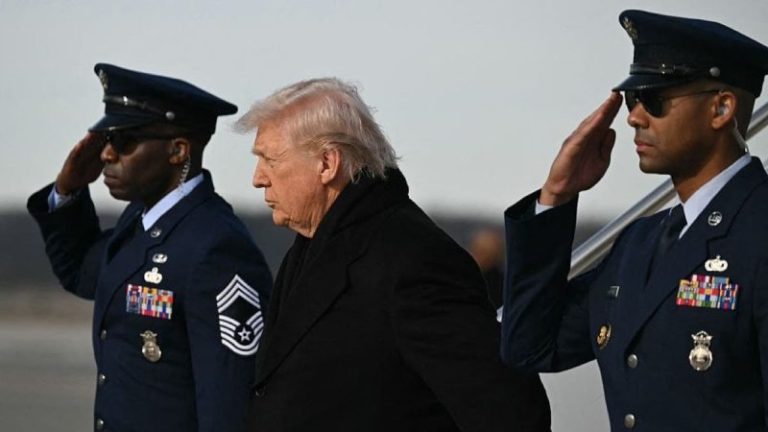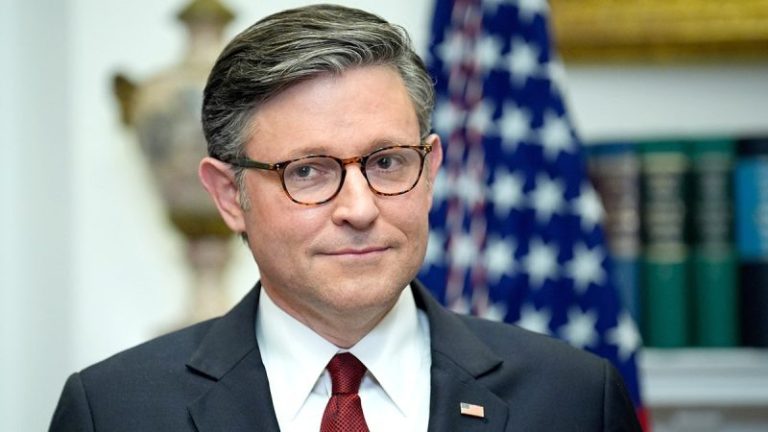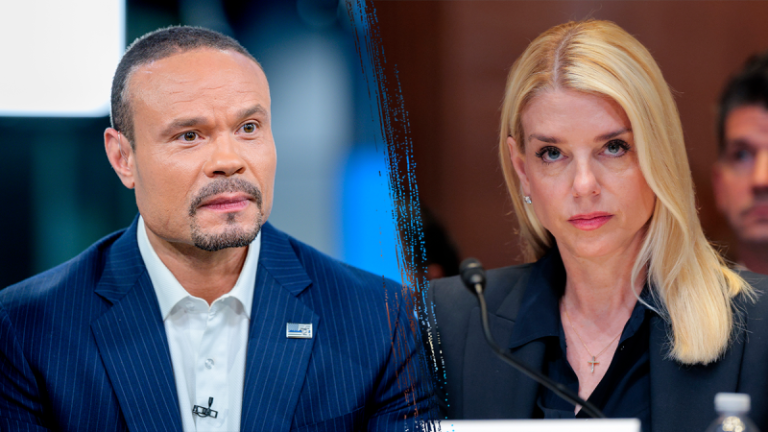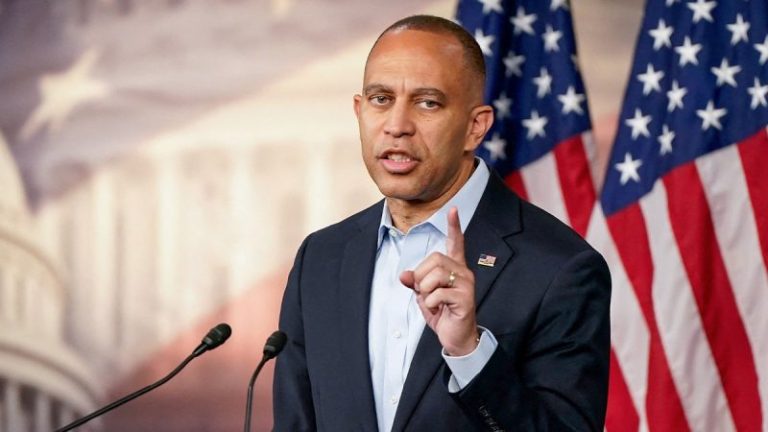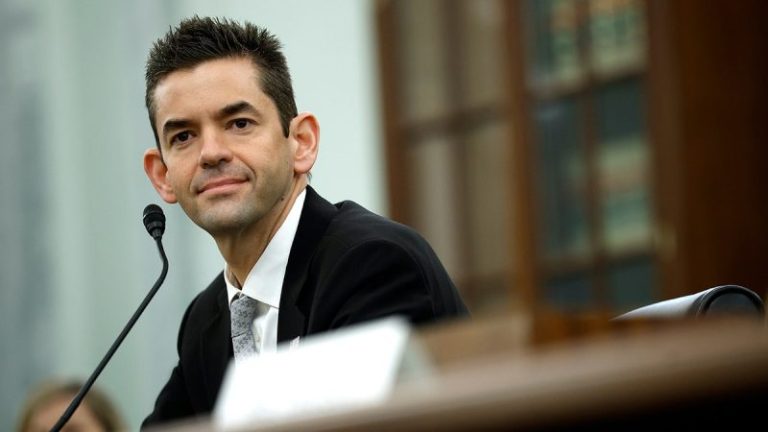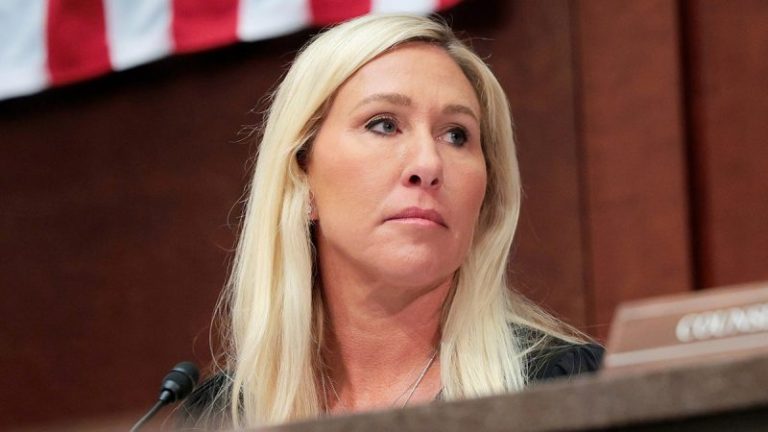President Donald Trump took some not-so-subtle swipes at his predecessors with new plaques below their portraits in the new White House Presidential Walk of Fame.
Former President Joe Biden had already been mocked in the installation, which was unveiled in September, when Trump used a photo of an autopen to represent the 46th president. Now, there are two plaques that include Trump’s nicknames for Biden.
‘Sleepy Joe Biden was, by far, the worst President in American History,’ the top plaque states. ‘Biden oversaw a series of unprecedented disasters that brought our Nation to the brink of destruction. His policies caused the highest Inflation ever recorded, leading the U.S. Dollar to lose more than 20% of its value in 4 years.’
‘Nicknamed both ‘Sleepy’ and ‘Crooked,’ Joe Biden was dominated by his Radical Left handlers. They and their allies in the Fake News Media attempted to cover up his severe mental decline, and his unprecedented use of the Autopen,’ the second plaque reads. ‘Following his humiliating debate loss to President Trump in the big June 2024 debate, he was forced to withdraw from his campaign for re-election in disgrace.’
Trump also took jabs at former President Barack Obama, calling him ‘one of the most divisive political figures in American History.’
‘As President, he passed the highly ineffective ‘Unaffordable’ Care Act, resulting in his party losing control of both Houses of Congress, and the Election of the largest House Republican majority since 1946,’ the first of two plaques says.
‘Obama also spied on the 2016 Presidential Campaign of Donald J. Trump, and presided over the creation of the Russia, Russia Hoax, the worst political scandal in American History,’ the second plaque reads. ‘His handpicked successor, Hillary Rodham Clinton, would then lose the Presidency to Donald J. Trump.’
Despite not ever being president, and therefore not being pictured in the walk of fame, Hillary Clinton is referenced more than once.
Beneath the picture of former President Bill Clinton, a plaque says, ‘In 2016, President Clinton’s wife, Hillary Clinton, lost the Presidency to President Donald J. Trump!’
In November, Trump gave Fox News Channel’s Laura Ingraham a tour of the walk of fame and told her that ‘beautiful bronze plaques’ were going to be installed. He said the plaques would describe the presidents but did not tease the political jabs written on them.


